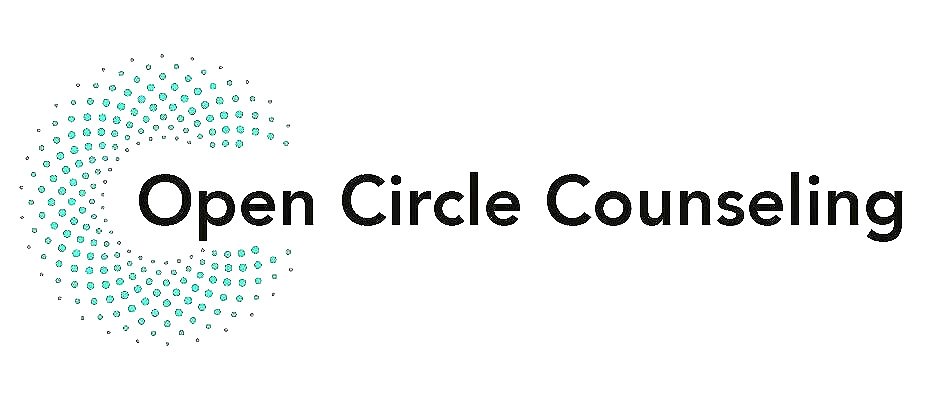Ketamine was originally developed as an anesthetic and has been used in medicine since the ’60s. But over the past two decades, researchers have discovered that ketamine is also able to relieve depressive symptoms when given in controlled, therapeutic doses. Unlike traditional antidepressants, which often take weeks to show results, ketamine can alleviate depressive symptoms within hours. This has led to growing interest in its potential as a treatment for depression, especially for those who have not responded well to more conventional therapies and medications.
How does ketamine affect the brain?
Depression is often associated with a reduction in the availability of neurotransmitters like serotonin and dopamine. Ketamine acts on a different neural pathway—the glutamate system. Glutamate is a neurotransmitter involved in many brain functions, including mood regulation and cognitive flexibility.
Ketamine is believed to stimulate the production of glutamate, which in turn promotes the growth of new neural connections in the brain. This process can help “reset” the brain’s neural circuitry, which reduces depressive symptoms quickly.
Ketamine also appears to reduce the activity of the brain’s default mode network (DMN), a system associated with self-referential thinking. Overactivity in the DMN has been linked to rumination, a common symptom of depression where someone gets trapped in negative thought patterns. By quieting this network, ketamine may help break this cyclical thinking.
What is ketamine-assisted psychotherapy?
In this approach to therapy, ketamine is used not as a standalone drug, the way we might use traditional antidepressants. The idea is that the altered state of consciousness induced by ketamine can open up new avenues for therapeutic exploration. This allows patients to access and process emotions and memories that might otherwise be difficult to confront.
Ketamine-assisted psychotherapy typically involves a series of sessions in which the patient receives a controlled dose of ketamine. The patient then has a therapy session with a licensed psychotherapist who’s trained in working with altered states of consciousness.
These sessions can be deeply introspective and emotionally intense, but they also offer an opportunity to heal deep wounds. Patients report feeling more open, less guarded, and more able to explore painful emotions without the overwhelming sense of fear or despair that might accompany them in a sober state. For many, this allows for breakthroughs in therapy that can lead to long-lasting changes in their mental health.
Who can benefit from ketamine-assisted psychotherapy?
Ketamine-assisted psychotherapy is not for everyone. It’s generally recommended for people with treatment-resistant depression, meaning they have tried at least two other antidepressants without significant improvement. Those with conditions like post-traumatic stress disorder (PTSD), anxiety, and even chronic pain can also benefit from this treatment.
However, it’s important to note that ketamine is a powerful drug and is not without risks. While it’s generally well-tolerated in a controlled clinical setting, some patients may experience side effects such as dissociation (feeling disconnected from reality), nausea, or an increase in blood pressure. Ketamine also has a history of being used recreationally, and there’s potential for abuse if not administered responsibly.
What does the research say?
The research on ketamine for depression is still in its early stages, but the results so far are promising. Several studies have shown that ketamine can rapidly reduce depressive symptoms, even in patients who have not responded to other treatments. In some cases, the effects of a single ketamine session can last for several weeks, though most patients require a series of treatments to maintain the benefits.
Finding a Therapist
Ketamine-assisted psychotherapy should only be conducted under the supervision of trained medical professionals in a clinical setting. If you have treatment-resistant depression and you’re looking for another method, consult a therapist licensed in ketamine-assisted psychotherapy today.
To learn more about how ketamine can help those with treatment-resistant depression, please reach out to us.
